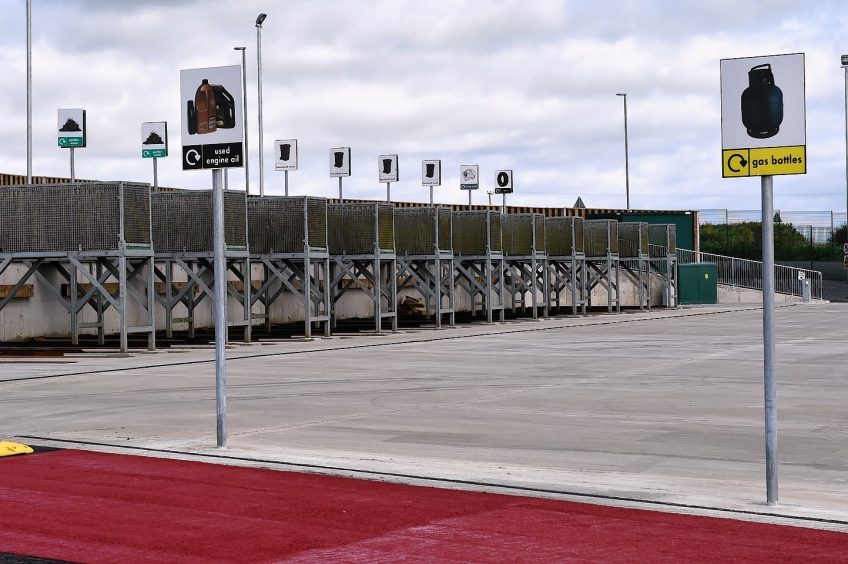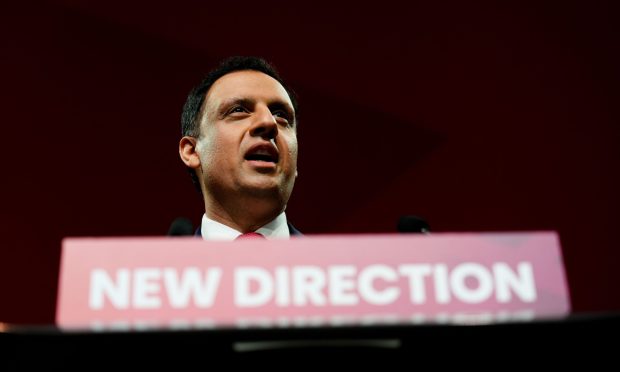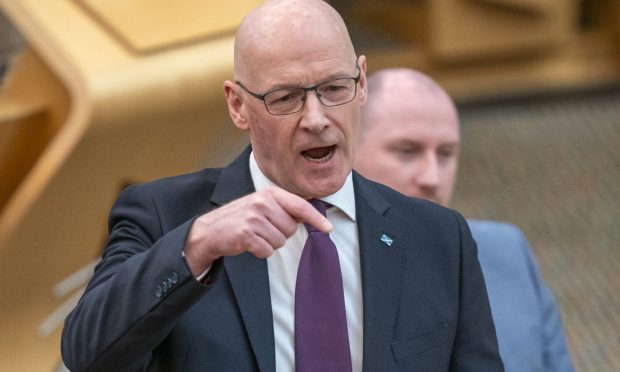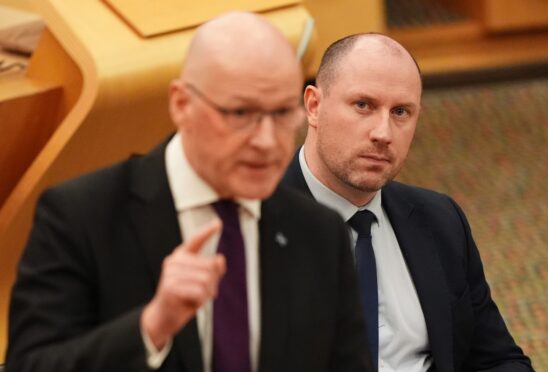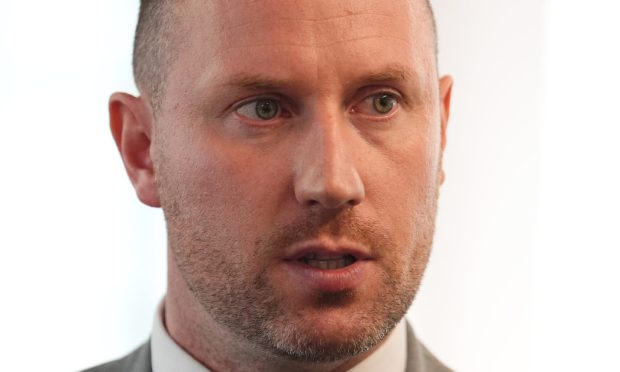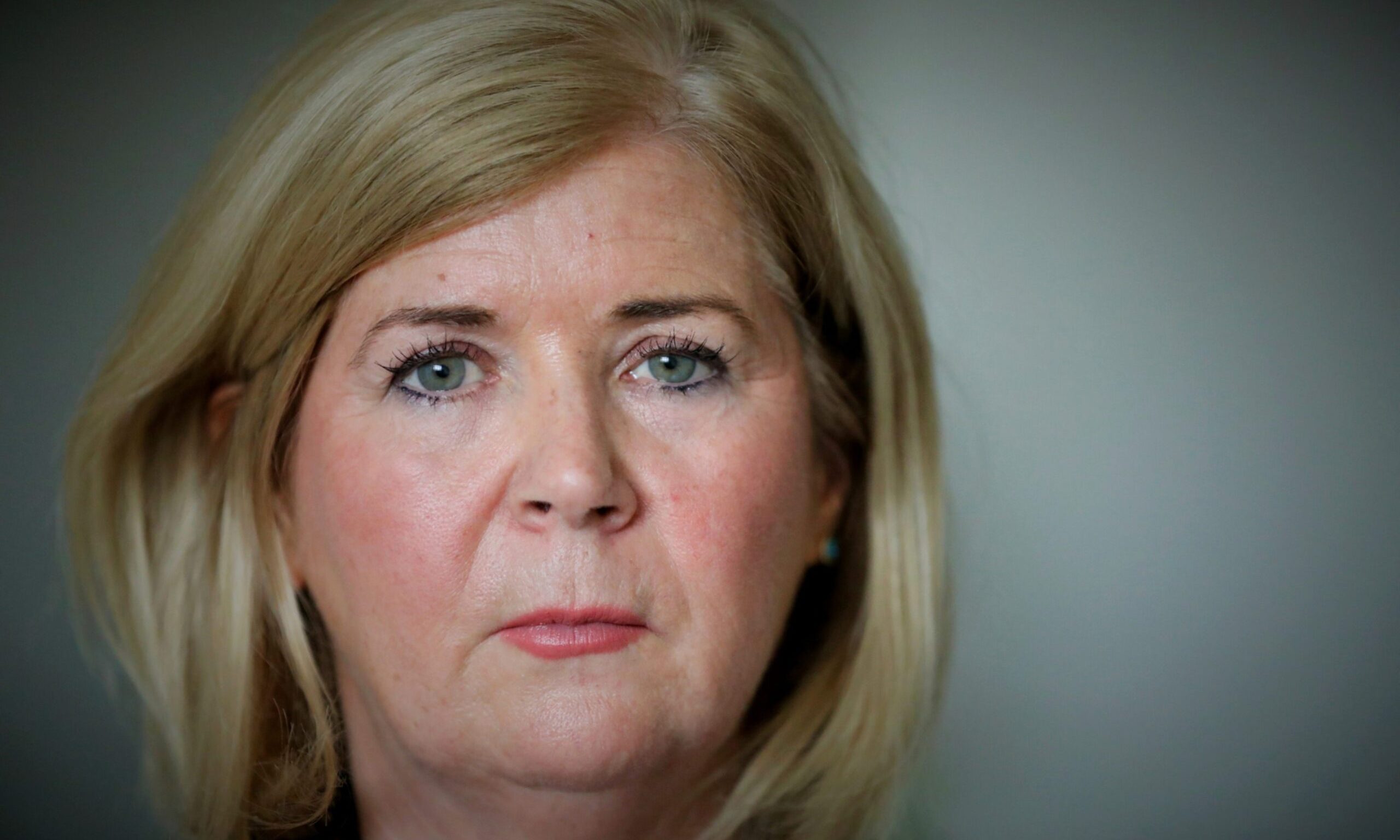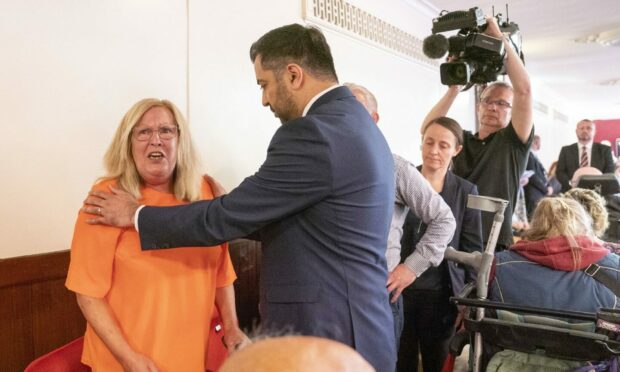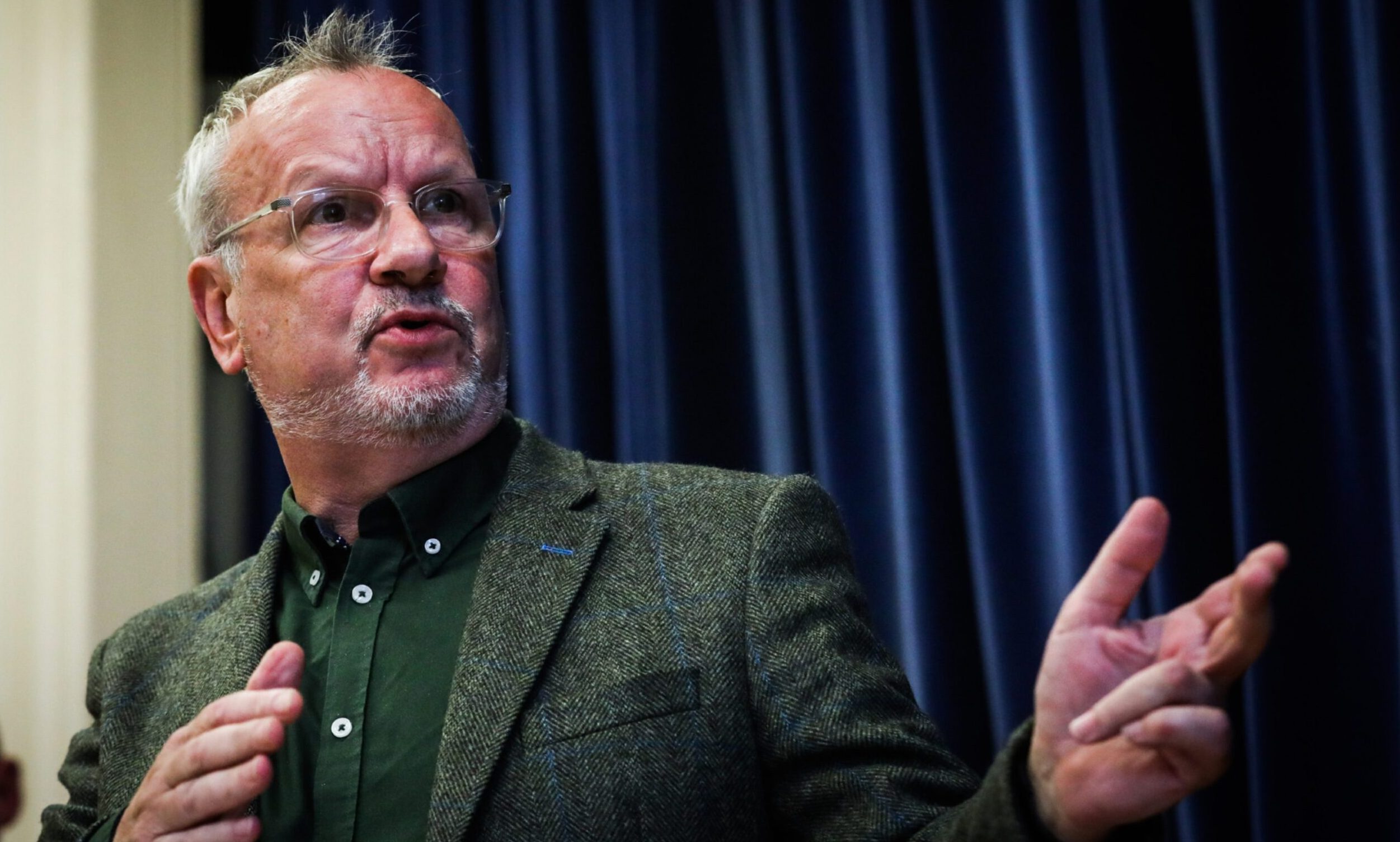People will be able to meet friends from another household after next week as Scottish coronavirus lockdown restrictions are gradually eased, Nicola Sturgeon has announced.
Golf, tennis, bowls and fishing will be permitted from May 28 and agriculture and forestry businesses will be allowed to resume work. The construction industry will be able prepare building sites for tools being taken up again.
But schools will not reopen until August 11, after the summer holidays, when pupils will be given a “blended” education model, which will involve conventional classrooms and home learning.
Ms Sturgeon said £30 million will be invested in laptops for disadvantaged children to enable them to study online at home.
Details of how restrictions will be lifted were contained in the Scottish Government’s eagerly awaited document Scotland’s Route Map Through and Out of the Crisis.
Public demand for the document put “extreme pressure” on the Scottish Government website, which crashed when the 45-page paper was uploaded at 12.30pm.
There are a lot of people trying to access the Scottish Government website right now, so it may be slow to load or showing an error for some users.
We're working hard to resolve this issue. Thank you for your patience.
— Scottish Government (@scotgov) May 21, 2020
In a statement to Holyrood, Ms Sturgeon said loosening of the measures was divided into four phases, which will be reviewed every three weeks. But she warned that the proposals were “not set in stone” and were subject to change depending on how efforts to suppress the virus were going.
If all goes well, the first phase will come into force from the first review date on May 28 and will focus on easing restrictions outdoors.
Ms Sturgeon warned the new guidance may not be introduced immediately on May 28, but said from that date it is proposed that people will be able to sunbathe in parks and meet up with others in a restricted form.
“You will be able to meet people from one other household, though initially in small numbers, while you are outside. This is a change which we hope will benefit everyone, but particularly those without gardens, and people who live on their own,” Ms Sturgeon said.
Those from different households should stay more than two metres apart and should not meet indoors, during phase one.
Golf, tennis, bowls and fishing will be allowed subject to appropriate hygiene and physical distancing.
People will be allowed to travel, preferably by walking or cycling, to recreation spaces although they should stay close to home.
Waste and recycling services will resume, as will many outdoor businesses, such as agriculture and forestry. The construction industry will be able to start to go back to work in partnership with trade unions.
Take-away and drive-through food outlets will be allowed to reopen, as will garden centres.
But indoor cafes, restaurants and pubs will remain closed during the first phase. Face to face Children’s Hearings will restart with physical distancing and social workers will have more contact with the vulnerable. Some aspects of the Criminal Justice System will also resume.
Cancelled NHS services, which have been closed to free up hospital capacity, will be “carefully and gradually” restarted.
Ms Sturgeon thanked teachers, parents and children for their patience during the crisis as she announced teachers will return to work next month to prepare classrooms for a “different model” of learning.
Over the summer more children will get access to the sort of childcare offered to key workers at the moment. Childminders will be allowed to reopen during phase one and during the summer. There will be transition support for children starting school and those moving into secondary school.
Schools to reopen on August 11
“From 11 August, all schools will reopen,” Ms Sturgeon said. “However, to allow appropriate physical distancing, children will return to a blended model of part time in-school and part time at-home learning.
“These arrangements will not represent a complete return to normality by August. But we judge them to be the most sensible approach we can plan for at this stage.
“To reflect the fact that children will still be doing part of their learning at home, we are going to invest a further £30 million to provide laptops for disadvantaged children and young people to study online.”
